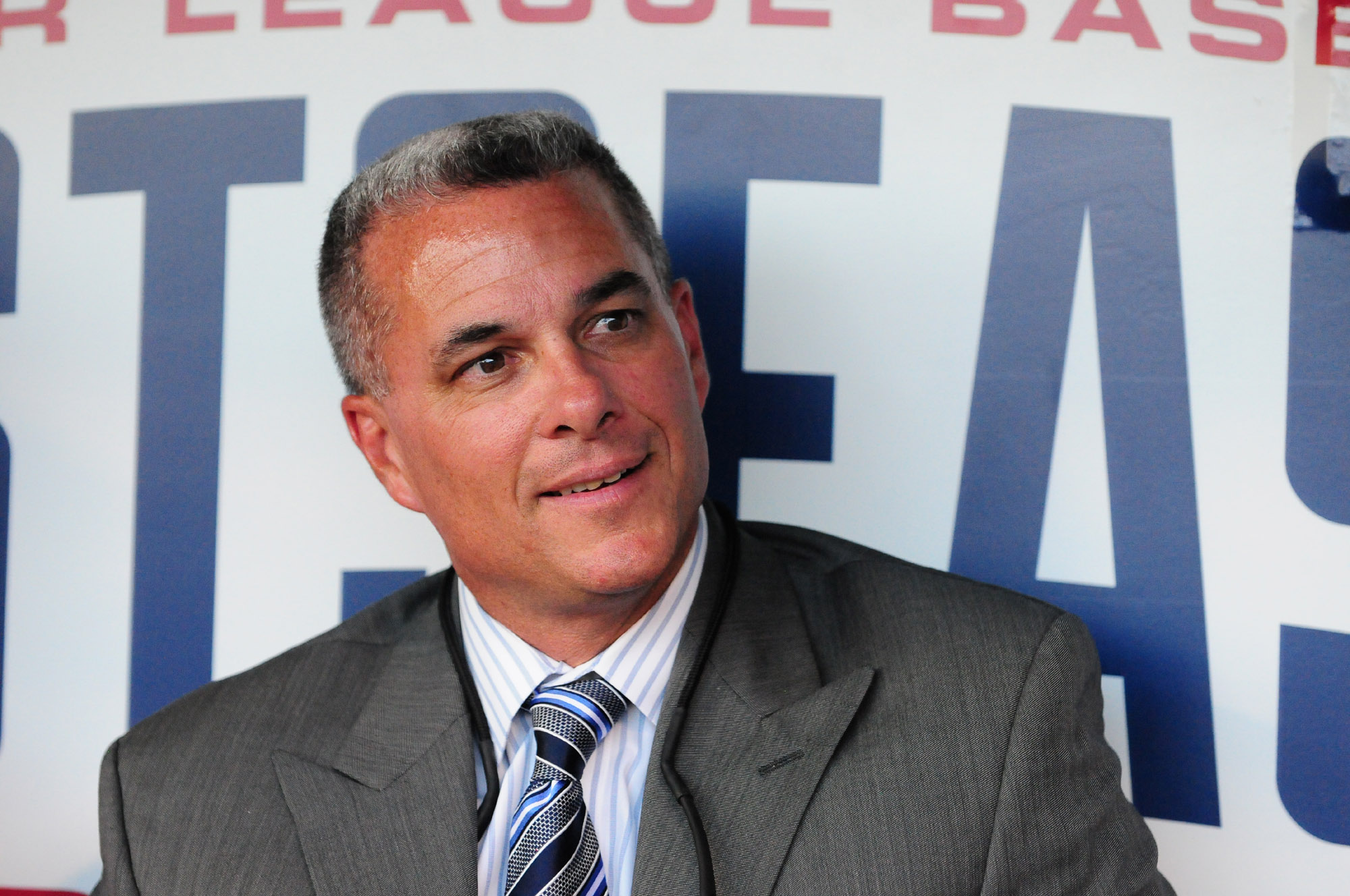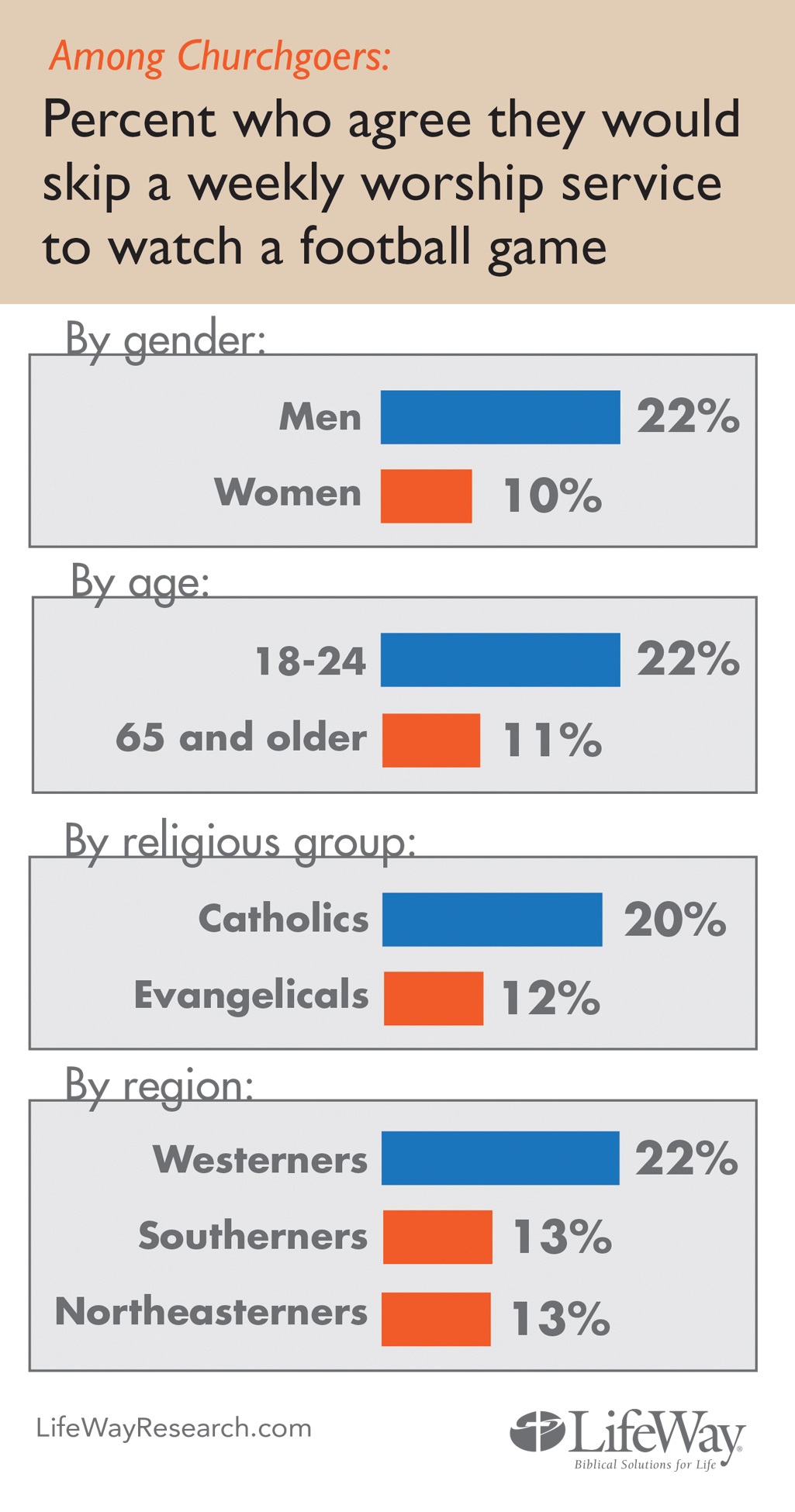
[SLIDESHOW=40780,40781]KANSAS CITY (BP) — Kansas City Royals general manager Dayton Moore was headed off the field during 2012 spring training when a Royals minor league coach approached him. “Dayton,” the coach said, “God asked me to tell you something.”
“Sure, what do you have, kid?” Moore replied.
Moore says he will never forget the response: “Do your fighting on your knees.”
The coach’s message was impactful in part because of the temptation to lash out at critics. The Royals had lost at least 90 games in five of the previous six seasons, with nearly 30 years elapsed since their last playoff appearance — and fans were growing impatient with Moore. But the GM, now in his 10th year with the Royals, knew that patience, trust in Christ and an emphasis on character within the organization marked the path to turning around the franchise.
 Moore told Baptist Press why character is important for a winning team in the Major Leagues.
Moore told Baptist Press why character is important for a winning team in the Major Leagues.
Professional baseball players “are genetically gifted to play this sport,” he said. “They’re very talented. It’s the choices they make off the field that are going to allow their natural ability on the field to take over.” That’s why the Royals “have a lot of character and leadership programs put in place, and we talk a lot about the importance of being a great brother, a great son and someday growing up to be a great husband.”
Two years after the spring training message, Moore’s emphasis on character appeared to help pay off as the Royals won the American League title and fell in Game Seven of the World Series by just one run. Thus far in 2015, they have the best record in the American League.
Saved in the third grade, Moore recommitted his life to Christ as a junior college baseball player in Kansas — a recommitment described in his 2015 book “More than a Season: Building a Championship Culture.” As a follower of Jesus, becoming more Christ-like and instilling virtue in others played a role in Moore’s career as a player, coach, scout and eventually Major League GM.
When he arrived in Kansas City in 2006, Moore established three questions that had to be answered of all prospective Royals leaders. First among them was, “Are they able to apply moral principles in their lives?”
“Our goal from day one here in Kansas City was to create an organization we’d want our own sons and family to be a part of,” Moore said. “With scouts that we hire, [we ask] would we want this particular scout in our home representing the Royals, talking to our son about joining the Royals? Would we want this coach, this instructor, this manager around our sons on a daily basis?”
Cultivating character among minor league players was particularly important to Moore because of his goal to establish a winning team with a majority of the players developed through the Kansas City farm system. Consequently, minor leaguers with the Royals hear speakers address morality, and they participate in character and leadership development programs.
The investment in minor leaguers seemed to yield dividends in 2014, with 12 of 25 players on Kansas City’s World Series roster coming up through their farm system and four others acquired in trades for minor league players.
Though many players are young and unmarried, family is another important emphasis for Moore. He wants players to be exemplary husbands and fathers and seeks to model that with his own wife and three children. Following the 2013 season, for example, when the Royals narrowly missed the playoffs, Moore took his family on a two-week tour of the Holy Land rather than attend MLB general manager meetings.
Moore harkens back to the advice of an Atlanta Braves scout known to ask him how “the team” was doing. If Moore, who worked in the Braves organization for more than a decade, answered by referencing baseball, the scout would rebuke him and say, “No … your team at home.”
To help players spiritually, Moore encourages them to get involved in MLB’s chapel program. Chaplains “pour into the lives of the players” and help them make “quality, consistent, good choices through [their] faith,” Moore said.
At times, being a Christian GM means giving a second chance to players and coaches who have made bad choices, like using steroids, but then repented, Moore said. One Royals minor league hitting coach was hired after serving 17 years in a federal penitentiary, where he committed his life to Christ and experienced a transformation, Moore said.
In the end, Moore cited perseverance and willingness to forgive as two traits that should set a Christian general manager apart from his peers. While his ultimate goal is to please God, Moore hopes those traits will also contribute to a World Series title this fall.
“The only thing we try to do each and every day as a leadership team is to lead ourselves well, make sure that we are the fathers and the husbands that we need to be,” Moore said.
He added, “If we lead ourselves well, it’s going to transition on down to our coaches, our scouts, our players.”



















